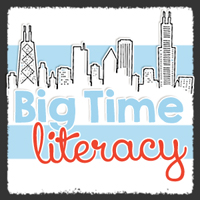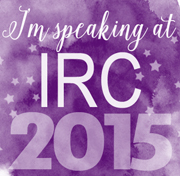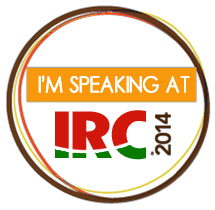I feel agitated.
First, at the heart of reading is meaning. If you read an article or a book, and then someone asks you what it was about, and you have no idea, did you really read it? I teach my students that this is an example of fake reading. If I pulled one of these kids to confer with me, I may listen and hear them read all the words accurately. If they cannot talk about what the author said, I do not believe they read the text.
This point - the comprehension of a text - was not discussed in the podcast. How can we leave that out?
Second, reading is a problem-solving endeavor, and sounding out a word and memorizing sight words should not be the only two strategies a child uses to solve a word. I'm so irritated as to why the teachers in this article call everything that is not sounding out or sight words "guessing." What about using phonology, morphology, and etymology (which, if your curriculum uses a phonics program under a balanced literacy framework students have this knowledge) to solve words? What about prompting a child, "Check the end letter in that word. You said /k/ but there's a 'ch' in there. Try it again." What about asking a child, "Does that make sense?"
I think the using the three cueing systems (Meaning: Does that make sense?, Syntax: Does that sound right?, Visual: Does that look right?) as cues to make meaning are just a few of the ways good readers approach text. Teachers who use the cueing systems are prompting students to get metacognitive about their reading. Ultimate goal? A child is reaidng on their own, and then thinks, "Huh, that sounds wrong," and then backs up to reread. That's a win in my book.
As I mentioned above, primary readers need phonemic awareness and phonics instruction. They also need to build their vocabularies. They need a schema bursting with experiences. They need to have positive feelings about reading, be able to name favorite books, and will be thoroughly invested if their teacher sets up partnerships or book clubs where children read the same books as their friends.
Which leads us to balanced literacy, which I believe is a model great reading teachers follow. Keep that going, sis.
Here's a bigger problem I see: our universities are not teaching reading as thoroughly as they should in undergraduate programs.
When I graduated in 2003, I began teaching sixth graders in central Phoenix. I would have some kids come up to my classroom, and they wouldn't know what to read, and I had no idea what to do, except follow the curriculum I was given.
The day the textbook told me, "Make XXX inference," and I didn't make that inference was the day I started to question things. Shortly thereafter, I began my graduate studies at Arizona State in Language and Literacy. Without that work, I would have continued to not be prepared for my students and their needs.
But the biggest takeaway? Teachers MUST trust their professional judgment, and seek out peers and mentors when they are stuck and unsure what to do. Since graduate school, teaching for me has always been kidwatching (Yetta Goodman). I watch my students and respond to what I notice. I build my instruction with my resources and my knowledge of what kids demonstrate to me. I do not blindly follow some curriculum or some resource or some report from some form of assessment as my only way to make decisions about kids. I am the trained practitioner. I kidwatch, use the resources available to me, and I make decisions as to what is next for my students.
I think I'm just a little put off as to why the attack of the three cueing systems. They are just ONE TOOL our readers can use. They can also use their knowledge in phonics, and the picture clues, and the schema they bring to the text to form their specific transaction to the work they are reading.
Reading is not black and white, and it instead lives in this really large grey area. As long as we are working together with our colleagues and continue learning, I don't think we need to throw out a bunch of tools (like LLI, which I have personally seen do amazing things for readers!) because they don't fit into some new idea about how reading instruction should be thoroughly changed.
Let's trust ourselves as professionals instead, and lean on our colleagues, coaches, and instructional leaders when we need another opinion.
Let's send some feedback to our undergrad education programs and get some advisory boards going so we can have teachers stepping into their first year much more confident and knowledgeable than I was.
Rant over :-) hahahhah
But seriously though, drop a comment, I'd love to hear your thoughts!






















